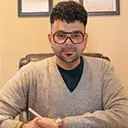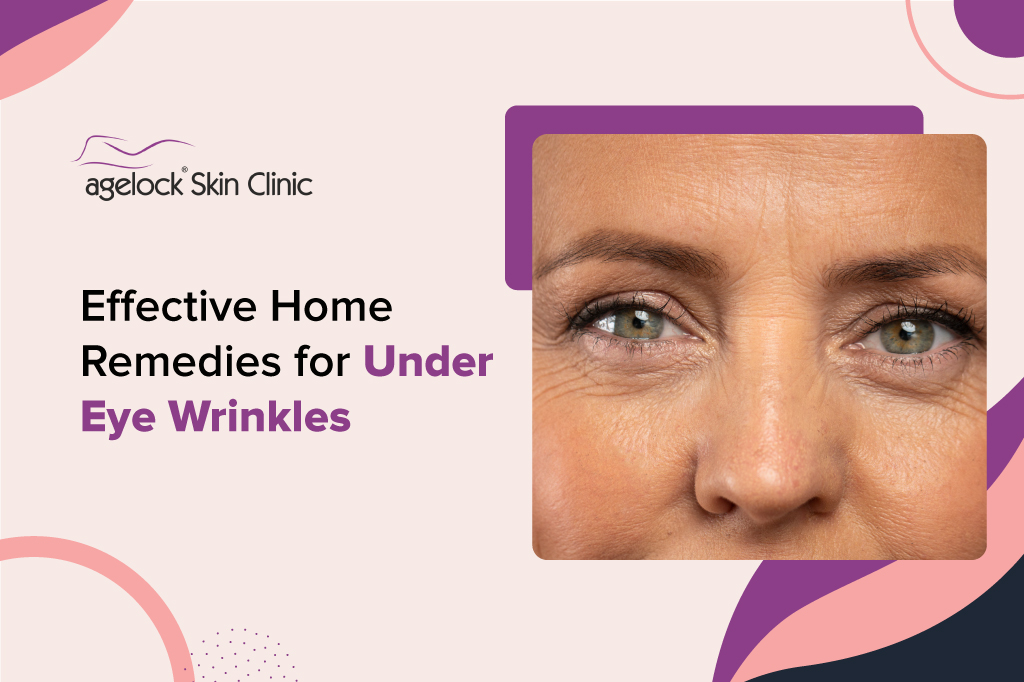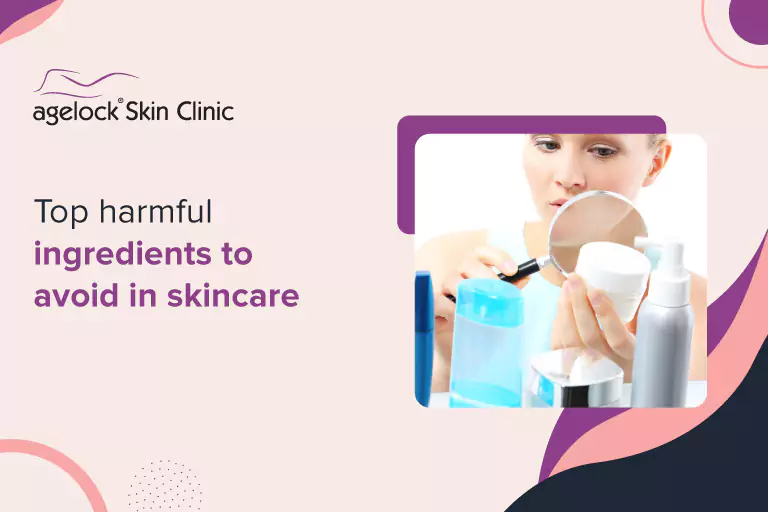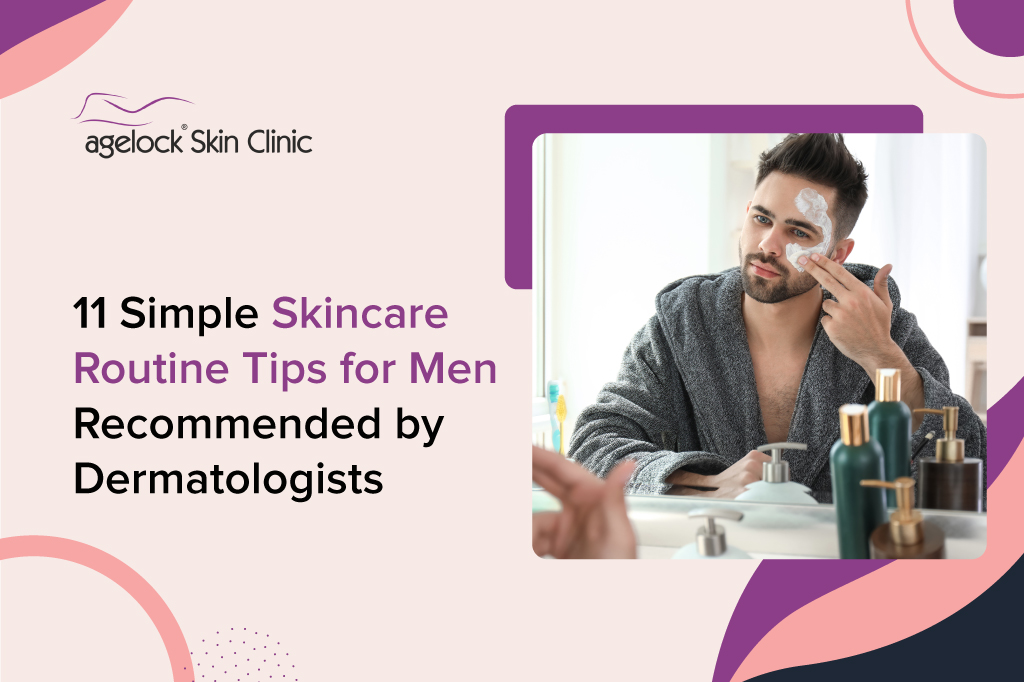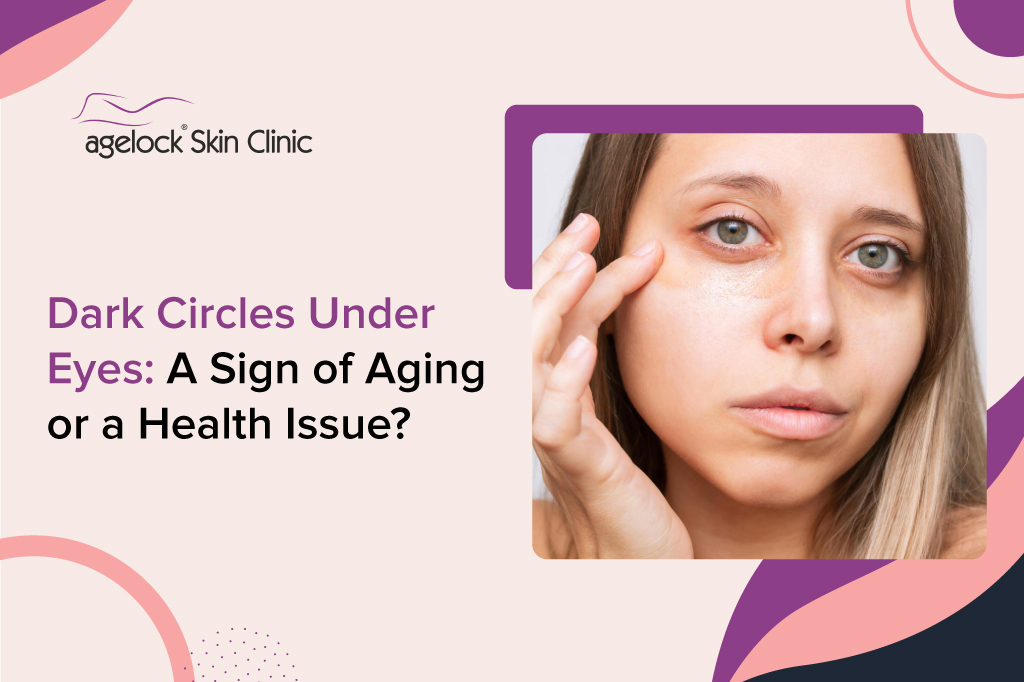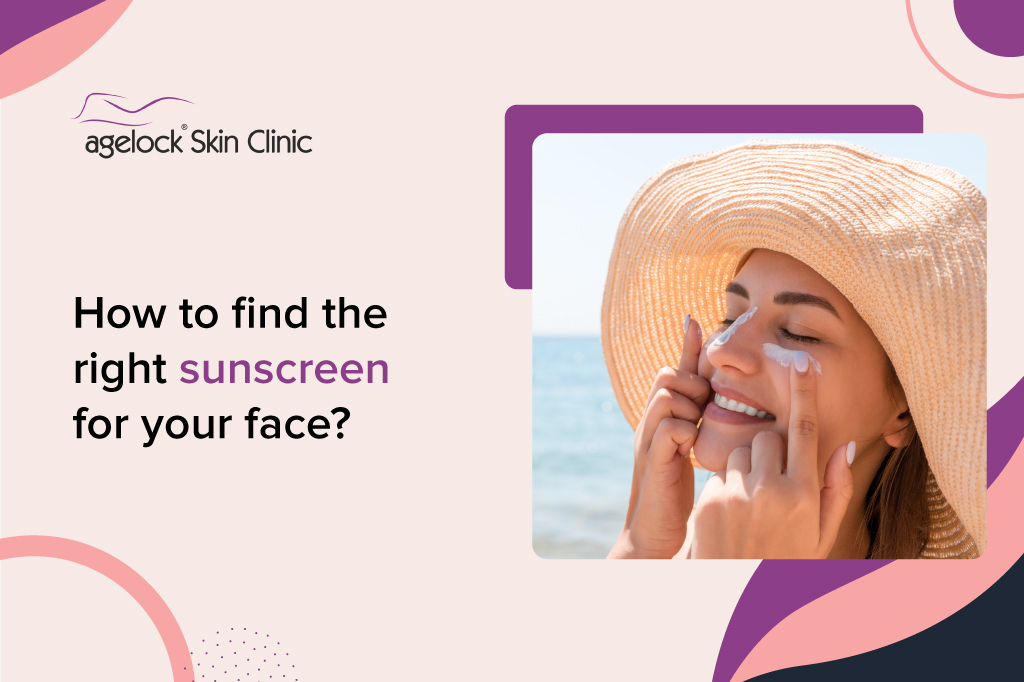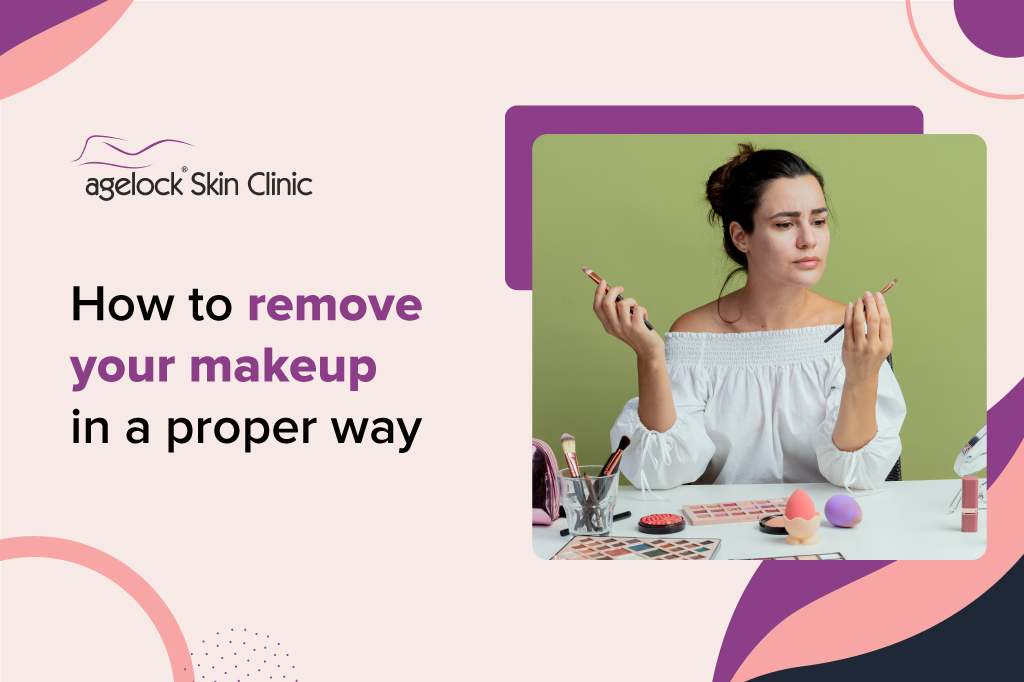It is common to notice flakes on your shoulders or an itchy scalp, but when dandruff starts causing hair fall, it can be worrying. While dandruff itself does not directly make your hair fall out, it can trigger scalp irritation, inflammation, and scratching that weakens the hair roots over time. Understanding this connection and managing dandruff early can help you maintain both scalp health and stronger hair.
How Dandruff Can Lead to Hair Fall
Dandruff is a mild scalp condition often caused by excessive oil production, fungal growth (Malassezia), or sensitivity to certain hair products. When flakes accumulate, they create an environment that irritates the scalp. The more you scratch, the more the hair roots get damaged, leading to breakage and hair shedding.
Here are the main ways dandruff contributes to hair fall:
- Scalp Inflammation
The constant irritation caused by dandruff leads to inflammation around the hair follicles. This weakens the roots and slows down new hair growth.
- Excessive Scratching
Itching often leads to scratching, which damages the scalp surface and causes hair to loosen or break.
- Blocked Hair Follicles
A buildup of flakes and oil can clog follicles, reducing the amount of oxygen and nutrients reaching the hair roots.
- Fungal Imbalance
Overgrowth of the Malassezia fungus disturbs the scalp’s natural microbiome and increases hair shedding.
Common Causes of Dandruff
Understanding what causes dandruff is key to controlling it effectively. Some of the common triggers include:
- Oily or unclean scalp
- Using too many styling products
- Hormonal imbalance
- Weather changes, especially in dry or cold climates
- Stress and poor diet
- Certain skin conditions, like seborrheic dermatitis or psoriasis
Dermatologist Recommended Ways To Control Dandruff and Hair Fall
If you are experiencing dandruff-related hair fall, dermatologists suggest a few proven treatments and lifestyle changes to restore scalp balance.
1. Use a Medicated Anti-Dandruff Shampoo
Dermatologists recommend shampoos containing ingredients like ketoconazole, selenium sulfide, zinc pyrithione, or salicylic acid. These help reduce fungal activity, remove buildup, and soothe irritation. Use such shampoos two to three times a week, depending on your scalp condition.
2. Keep Your Scalp Clean
Wash your hair regularly to prevent oil, sweat, and dirt buildup. A clean scalp allows your follicles to breathe and stay healthy.
3. Avoid Scratching
Scratching might provide temporary relief, but it worsens inflammation. If itching is severe, consult a dermatologist for a soothing scalp lotion or topical antifungal treatment.
4. Moisturize the Scalp
A dry scalp can flake more easily. Use a lightweight, non-greasy scalp serum or natural oils like coconut or tea tree oil in moderation to maintain moisture balance.
5. Manage Stress
Stress often triggers both dandruff and hair fall. Practice relaxation techniques such as yoga, meditation, or short breaks to calm your mind and improve scalp health.
6. Follow a Balanced Diet
Eat foods rich in zinc, vitamin B complex, iron, and omega-3 fatty acids. These nutrients support healthy hair growth and reduce scalp inflammation.
7. Limit Heat Styling and Harsh Chemicals
Frequent use of hair dryers, straighteners, and chemical treatments can irritate the scalp and make dandruff worse. Give your hair time to recover naturally.
When To See a Dermatologist
If your dandruff persists for more than a few weeks despite using over-the-counter shampoos or if you notice visible thinning, redness, or oozing patches on your scalp, it’s time to consult a dermatologist. Professional evaluation can help identify underlying conditions such as seborrheic dermatitis, eczema, or fungal infections that require specific medical care.
Can Dandruff-Related Hair Fall Be Reversed?
Yes, in most cases it can. Once the scalp condition is under control, new hair growth resumes naturally. With consistent scalp care, medicated shampoos, and a healthy routine, you can restore both scalp comfort and thicker hair over time.
Final Thoughts
Dandruff may seem like a minor problem, but if ignored, it can lead to noticeable hair loss. The key is to treat it early, keep your scalp clean, and follow dermatologist-approved care. A healthy scalp creates the proper foundation for stronger, fuller hair.
